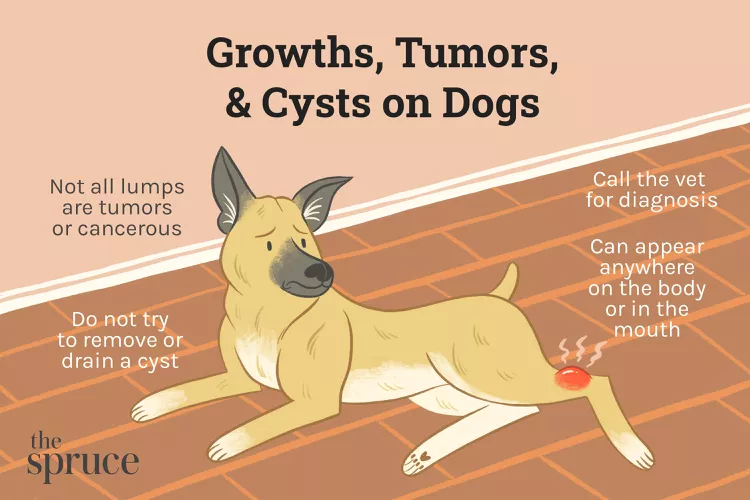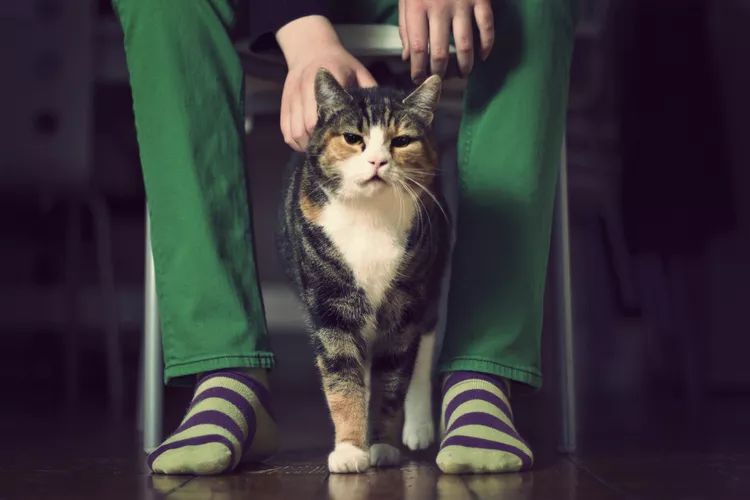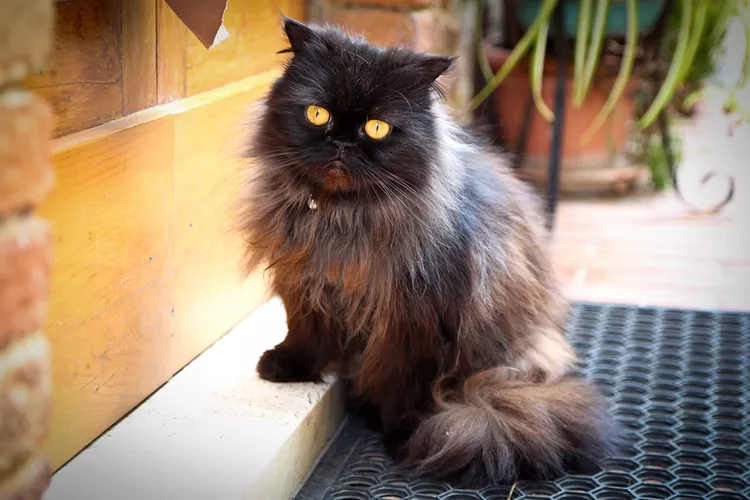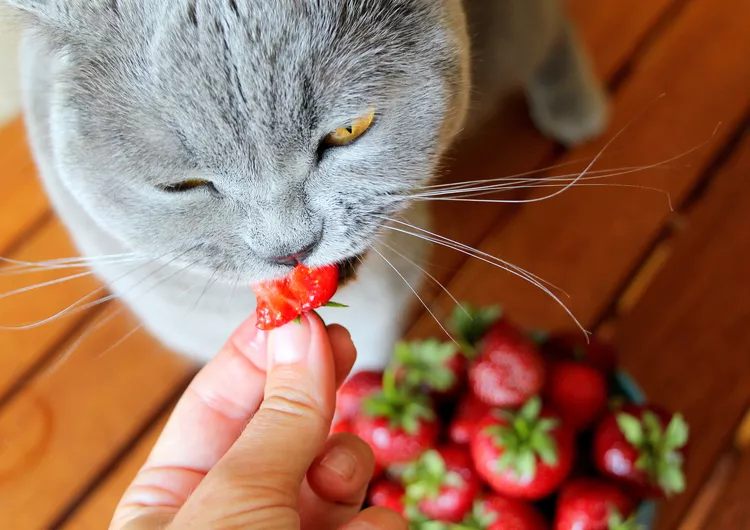
The goldendoodle is a crossbreed between a golden retriever and a poodle originally developed in the late 1960s to serve as guide dogs for those allergic to dogs. Goldendoodles vary in size because of the poodle's size variations. The breed typically has curly, hypoallergenic hair and hardly sheds thanks to its non-shedding poodle ancestors. Goldendoodles are highly intelligent, athletic, and lovable dogs that are great with kids and other pets.
Learn more about the beloved goldendoodle to decide if it's the right dog for you and your family.
The goldendoodle is known for their affectionate personality and willingness to please, making this a popular choice for families. Due to their gentle temperament and high trainability, they have been used as pets, agility dogs, guide dogs, therapy dogs, diabetic dogs, and search and rescue dogs.
Goldendoodles were first bred in 1969 to be guide dogs, but the breed gained popularity among breeders during the 1990s. This designer mix was bred to combine the poodle's non-shedding coat with the golden retriever's desirable temperament.
The idea for the crossbreed was inspired by the successful breeding of the Labradoodle, a poodle and Labrador retriever hybrid. As one of the most popular domestic dog breeds in the United States, the golden retriever was an obvious choice for crossbreeding with the delightfully hypoallergenic poodle.
The first three dogs to earn the American Kennel Club Obedience Champion title after its introduction in 1977 were golden retrievers, which proves their loyalty and ease of trainability poodles were originally bred as retrievers and water dogs, and both are among the smartest dog breeds. These genes pass on to the goldendoodle, so owners can expect an athletic, intelligent, and obedient companion.
Though they're not high-maintenance dogs, goldendoodles require adequate exercise, grooming, and training. They make great house pets but enjoy plenty of time to play and explore outdoors. A fenced yard is ideal for goldendoodles to romp around, but they shouldn’t be kept there all day. This social breed thrives with their family and friends inside.
With average to above-average energy levels, goldendoodles require daily exercise and love to go for walks, runs, hikes, and swims. Their playful nature and retriever genes make them great fetch partners, too. Owners should aim for at least 30 minutes of exercise each day including walking, running, swimming, and tackling agility courses.
The goldendoodle's coat varies, but is often somewhere between the two parent breeds when it comes to grooming. Though goldendoodles don’t shed excessively, they still need to be brushed regularly to remove dead hair and prevent matting. To keep their skin and coat healthy, they need a moisturizing bath every few months. Depending on the dog, a goldendoodle may grow long hair over the eyes or between the toes, so appropriate trimming is required.
Goldendoodles are obedient, athletic, and smart so they take well to training and are eager to please. Agility comes to them naturally and courses are a great place for goldendoodles to burn energy and create a strong bond between owner and companion. They respond best to positive, reward-based training and will gladly show off their tricks for a tasty treat.
Goldendoodles tend to have excellent health if bred responsibly. They may inherit health problems associated with poodles and golden retrievers, but crossbreeding may reduce the chances of some health problems due to their genetic diversity. In your puppy search, it’s important to find a reputable breeder who is committed to breeding healthy dogs.
Because goldendoodles are active, they need a high-quality diet to keep them happy, strong, and energetic. Look for dog foods high in protein and healthy fats with meat as the first ingredient. They should be fed measured meals twice a day rather than free-feeding, which can cause weight gain.
Check with your local animal shelter or rescue group to see if there's a goldendoodle available for your home. The IDOG Rescue, Inc., group is dedicated to finding new homes for all types of doodles, including Goldendoodles, that need a loving family. Big Fluffy Dog Rescue also includes goldendoodles in the type of dogs that it rescues.
If you're interested in buying a goldendoodle puppy, find a reputable and responsible breeder and watch for signs of a bad or backyard breeder. The Goldendoodle Association of North America provides a list of breeders on its website.
The goldendoodle is an intelligent, loyal, and affectionate dog that thrives in active homes, especially those with kids. They're fairly easy to train and have relatively low-maintenance care.
Like goldendoodles? You might also enjoy these breeds:
Learn even more about our favorite furry friends by checking out additional dog breed profiles.
No. Goldendoodles are popular dogs, but they are not rare. The only potentially rare goldendoodles are ones with all black or merle coats, thanks to the intricacies of genetics.
Goldendoodle coats come in a variety of colors and markings. Merle refers to a variegated pattern on a goldendoodle's coat. (Note that the merle gene may cause blindness and deafness.) Other names for patterns include parti (half white with patches), phantom (distinct markings on chest and other areas), brindle (stripes), and abstract (solid color with white markings).
The word "furnishings" seems like an odd choice of a word to describe facial hair features for dogs, but that's just what it means. The characteristic furnishings typically found on goldendoodles include longer than usual eyebrows, mustaches, and beards that make the dogs look so adorably scruffy.
If you buy a goldendoodle from a breeder, be prepared to spend on average between $2,000 to $3,000 or even more for a mini or a merle goldendoodle. This dog is expensive because it takes breeders a lot of genetic engineering to produce these beautiful dogs.

Tumors, Growths, and Cysts in Dogs
Tumors, lumps, growths, or cysts are commonly found on dogs. Learn the causes, treatments, and preventative measures.
Eye Injuries and Infections in Dogs
Dogs can suffer eye injuries that range from mildly irritating to serious medical emergencies. Learn the causes, treatment, and prevention.
Vestibular Disease in Dogs
Vestibular disease affects a dog's balance and eye movements. Find out about the signs, causes, and treatment of vestibular disease in dogs.
Is Acetaminophen Safe for Dogs?
Acetaminophen is used by humans for pain and fever relief, but is it safe for dogs? Here's what you need to know before giving your dog acetaminophen.
Can Dogs Eat Zucchini? Everything to Know About This Hardy Summer Squash
Zucchini is a nutritious food that's safe for dogs to eat in moderation. This low-calorie, high-fiber vegetable can be incorporated as a healthy treat in a dog's balanced diet. Learn more about its health benefits, potential risks, and how to prepare it.
Can Dogs Eat Popcorn? What You Need to Know for Movie Night
Dogs can eat popcorn, but there are safety concerns. Find out how to safely feed your dog popcorn and what you should do if you're concerned.
65 Irish Cat Names
Irish cat names can pay homage to historical places, local cuisine, famous Irish actors and musicians, or other wonderful aspects of the Emerald Isle.
46 Egyptian Cat Names
Whether inspired by notable Egyptian deities, locales, or pharaohs, Egyptian cat names can bring out the divinity of your noble feline companion.
Are Ant Traps Safe for Cats?
Here's how to know if ant traps are safe for cats and how to keep yours free from harm if you have an ant problem.
The 6 Best Cat Nail Clippers of 2024 for a Safe Trim
Clipping your cat's nails can save your furniture and keep your kitty comfortable. We asked veterinarians for their cat nail clipper recommendations.
Is Neosporin Safe for Cats?
A brief summary of concerns a cat owner should be aware of before putting Neosporin on their cat, plus tips for things they can use at home instead.
Can Cats Eat Strawberries? How to Safely Share This Summer Berry
Although cats are primarily meat eaters, strawberries may be an interesting and tasty snack for your feline friend. Find out the risks of feeding strawberries to cats and how to safely let your cat enjoy this fruit.
Cute Pictures & Facts About Calico Cats & Kittens
Learn fascinating facts about calico cats, including photos, the genetics behind this color combination, and common folklore and traditions.
12 Most Popular Cat Breeds for Feline Lovers
These 12 cat breeds, like the Siamese and Sphynx, are known for their unique appearances and personalities. Learn what makes them so popular.
Balinese: Cat Breed Profile, Characteristics & Care
The Balinese cat is playful, sociable, elegant, intelligent, and a touch on the vocal side. Learn about the Balinese, including appearance, temperament, health, and care needs.
Why Cats Don't Always Cover Their Poop
Cats may not cover their poop for a few different reasons, including being territorial, sending a message to their owner, and not liking the litter.
Cavapoo: Dog Breed Characteristics & Care
The Cavapoo is a hybrid of the Cavalier King Charles spaniel and a toy or miniature poodle. Learn why these teddy-bear-looking dogs make the perfect addition to your family.
Why Dogs Eat Poop and How to Stop Them
Is your dog eating poop? Some dogs do this because of stress or illness. Learn how to prevent stool eating, or coprophagia, in dogs.
Can Dogs Get Depression? How to Help Your Sad Dog
Can dogs get depression? Learn about the signs of depression in dogs and find out how to help your sad dog.
4 Reasons Why Your Dog Licks Their Butt
Butt-licking in dogs can be a part of normal grooming, but excessive butt-licking is not normal. Read about the most common reasons for this behavior.